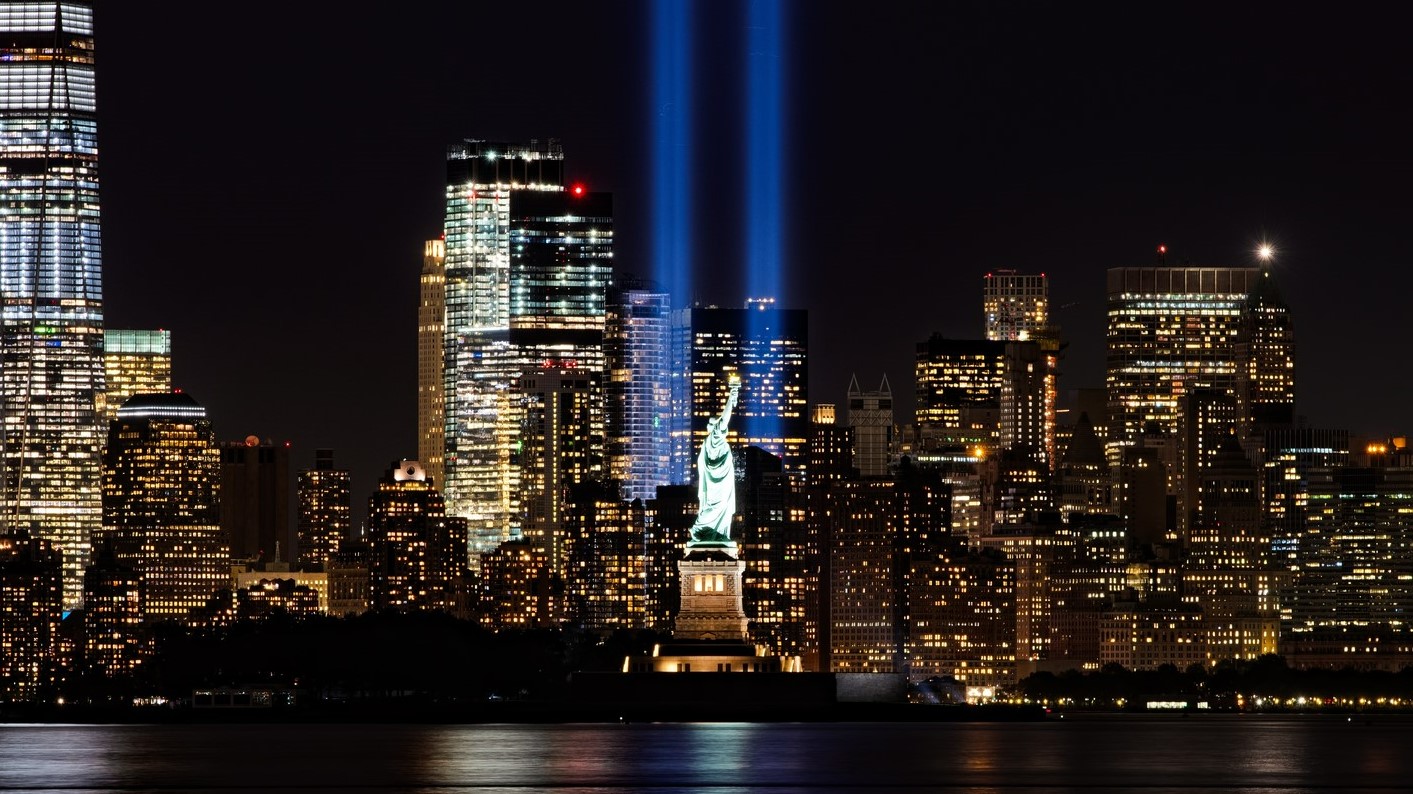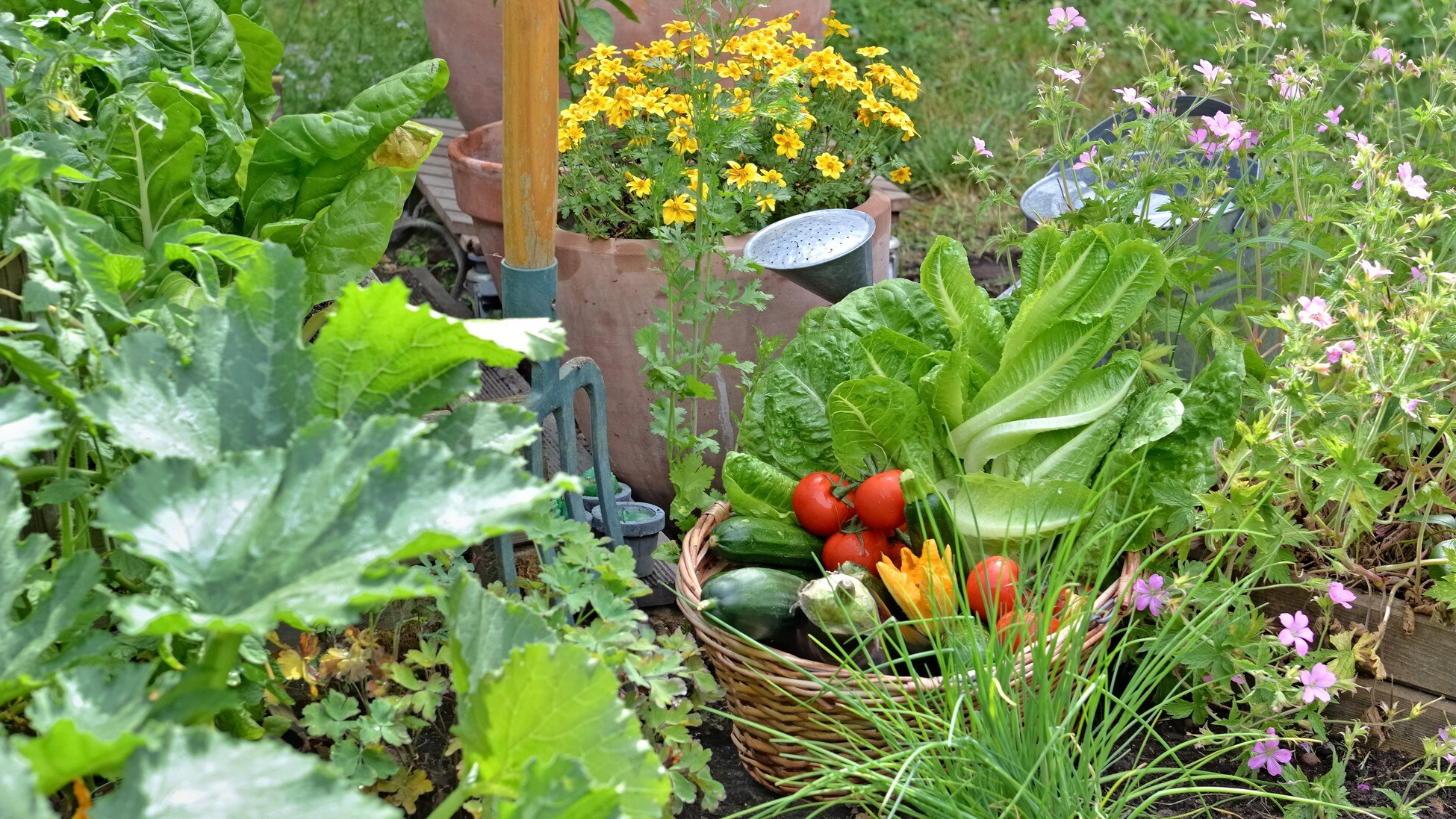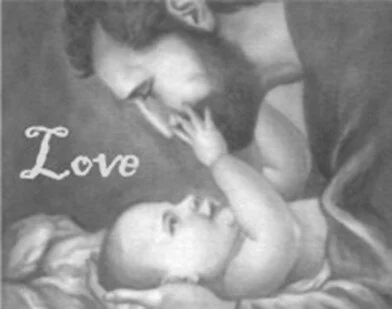On September 11, 2001, here in Ohio the temperature was in the mid-70s with a soft breeze. The sky was a brilliant blue and there was that otherworldly light making the world shimmer slightly. It was a sun-kissed day and was so glorious that it was impossible to feel anything other than happiness as I drove to work. My plan for the day was to first drive to my parish nursing job at the United Church of Christ national office in downtown Cleveland and then, at noon, I would go to my second parish nursing job at Cove United Methodist Church in Lakewood, Ohio.
At my Cove gig, I had planned on eating lunch with the lady’s circle and afterwards presenting a program titled “The Healing Power of Laughter.” Yes, you heard me correctly. I had planned a program on laughter on 9/11. Of course, nothing happened as planned because by the time I got to the UCC National Office, a plane had flown into the first tower of the World Trade Center. By midmorning, a second plane had flown into the second tower. At this point, no one knew what was happening, and we were all jittery and scared.
With everything going on, I just wanted to get home and get my kids, who were in 3rd and 5th grade at the time. My plan was to stop at Cove Church, make sure everyone was alright, reschedule the program on laughter, and leave. I arrived at Cove during the setup for lunch. Someone had brought out a TV set, so I assumed everyone was aware of what was happening in our country, but as I burst into Fellowship Hall out of breath and anxious, none of the ladies were sitting by the TV watching news updates. They were all calmly putting out platters of sandwiches, setting the table, and making coffee.
I was honestly confused. Didn’t they realize that planes taken over by terrorists had flown into both towers of the World Trade Center and The Pentagon? Where was the anxiety and worry? I finally asked the president of the circle if they knew what had happened in New York City. “Oh yes,” she calmly replied. I said, “Well, I’m sure that you will want to reschedule today’s program.” She replied, “Oh, my dear, that’s entirely up to you.”
Entirely up to me? What?? Well, I did want to reschedule and told the ladies that, with everything going on, I wanted to get home. They all smiled, said they understood and waved goodbye. By this point, I was too worried about what was happening to really take in what I had just witnessed with these women.
Post 9/11 Reflections
It wasn’t until much later as I reflected on that day that I realized that these women who were in their 80s and 90s saw the events of 9/11 very differently than the 40-year-old me. They had lived more than twice as long as I had. They had all buried spouses. Some had also buried children. Their parents had died long ago, and they were now losing siblings and life-long friends.
They had lived through the Great Depression, World War II, the Cuban Missile Crisis, and the Vietnam War. If you looked into each one of their lives you would see a crazy quilt of life – births, deaths, illnesses, joys, sorrows, laughter & tears. By this time, they had gained a perspective that I simply had not lived long enough to acquire. They knew our country was facing a national crisis, but they also knew we would continue to rise each rainy and sun-kissed day to sew a few more squares into our own life quilts.
If we live long enough, we begin to see the various changes that aging brings. It’s a process that offers challenges as well as opportunities for continued growth. It also gives us hard-earned perspective. I am now 62 and see the world very differently than I did when I was 40.
Going by the statistics of the CDC (Center for Disease Control), an American woman’s average life expectancy is 79.3 years. Using that statistic, I am now in the final quarter of my life. The first three quarters of my life were taken up by growing into adulthood, completing school, marrying, parenting, & working. My, I was busy.
But Franciscan priest and writer on spirituality Richard Rohr says that is how it should be in the first half of life. The first half of our lives is taken up by answering some central questions; Who am I? What makes me significant? How will I support myself? And who will go with me? And then there is the second half of life.
Life Tasks for the Second Half of Life
Father Richard says the second half of life begins at about the age of 40. Remember, I was 40 on 9/11/2001. But what are those second half of life tasks? Father Richard sums it up by saying, “In the second half of life, you start to understand that life is not only about doing; it’s about being.” Although I didn’t know it at the time, 2001 marked the time when my big toe had crossed over into a new time of my life. If we work at it, this second half is a time marked by spiritual growth and moving toward a deeper purpose.
As a Christian, growing spiritually and finding a deeper purpose often brings us back to the basics of Jesus’s teaching. Do certain relationships need tending? Are we holding on to the pain others have caused us? Are we harboring sadness and guilt over wrongs
Which brings me back to my ladies at Cove church. Within 10 years of 9/11, all of those women had died. They were at the very end of the second half of their lives. Managing the tasks of living in a post-9/11 world would not fall to them. Their tasks, according to Father Richard, was to continue the work of living in gratitude, authenticity and union. On that terrible life-altering day, continuing with their luncheon where love, fellowship and grace abounded was a perfect way to do just that.
For more information about Richard Rohr’s thoughts, read Falling Upward: A Spirituality For the Two Halves of Life by Richard Rohr
To learn more about ageism, join us at the 2023 Abundant Aging Symposium either In Person in Columbus, Ohio, or Online. For full details and to register, go to www.UnitedChurchHomes.org/2023-annual-symposium/.
For Reflection (either individually or with a group)
Read the blog. Read it a second time, maybe reading it aloud or asking someone else to read it aloud so you can hear it with different intonation and emphases. Take the questions for a walk in the woods or in your neighborhood, for a swim or a run or for a hot soak in the tub. Invite the questions to join you for tea or coffee.
- In what areas have your perspectives changed as you aged? In what areas have your perspectives remained the same?
- Our tasks for the second half of our lives, according to Father Richard, is to live in gratitude, authenticity and union. Do you agree? Why or why not?
- The author suggests we consider the questions:
- Are there certain relationships that need my attention?
- Am I holding on to a pain that others have caused me?
- Am I holding onto sadness and guilt over wrongs I have inflicted on others?
- Do I need to become reacquainted with grace and mercy–for other people and for myself?
Download a pdf including the Reflection Questions to share and discuss with friends, family, or members of your faith community small group.
View all articles by:






















